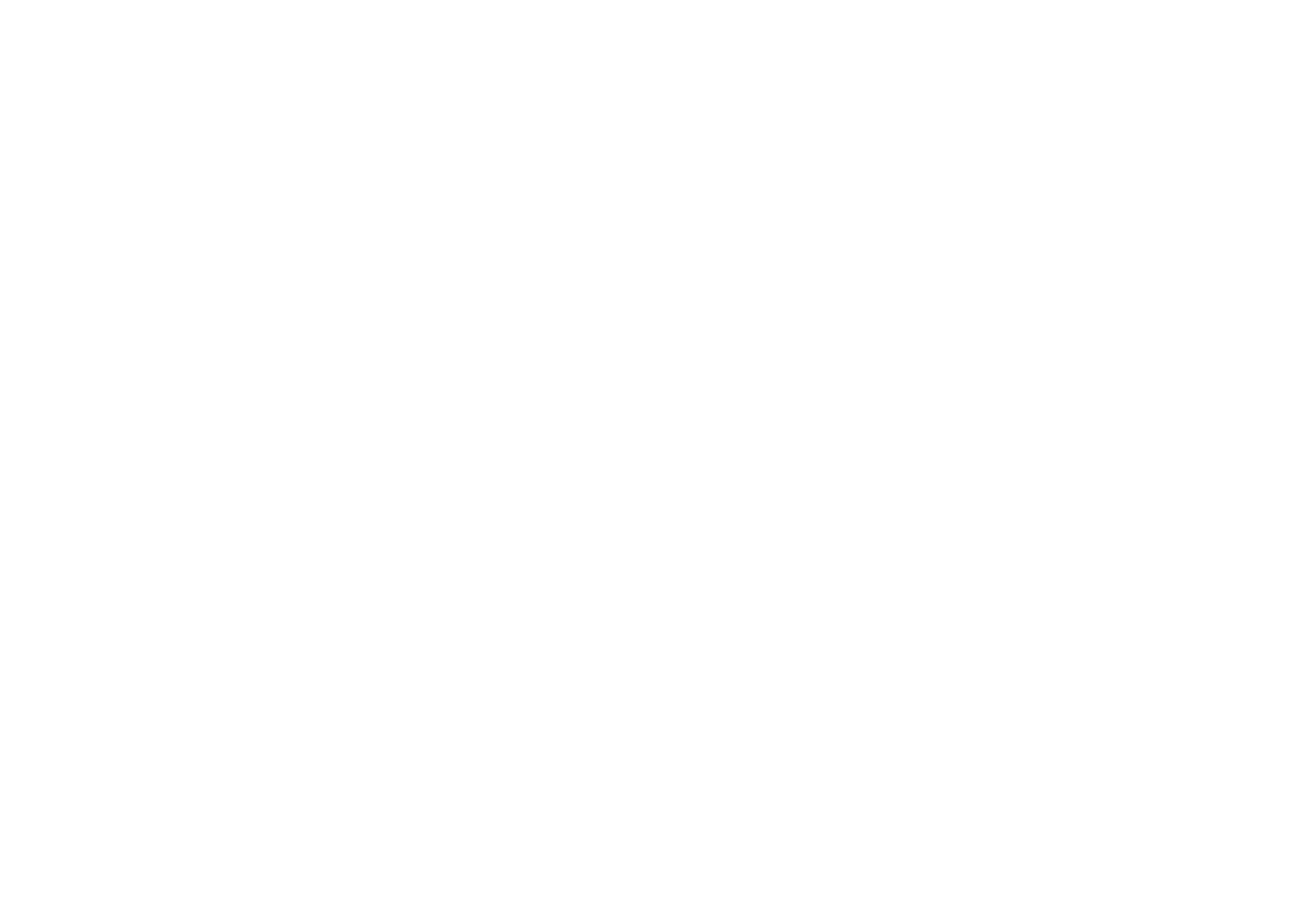The Sounds of Silence
Silence is not simply the absence of sound.
Growing up, I studied violin. When I rushed through passages, my teacher would remind me, “The deep expression of music is not in the notes, but in the silence between them.” She was paraphrasing an idiom sometimes credited to Debussy, sometimes to Mozart, repeated so often, because every musician knows the power of silence. The way that silence can gently and gradually embrace a phrase into diminuendo, or suddenly and harshly slam a tone into staccato can make all the difference in musical expression. Silence is what gives music shape, enabling notes to tell their story.
Silence also shapes the stories of our ancient texts, carving deeper dimensions of meaning into the narratives of our ancestors. Take, for example, the peak moment of the Akeda – the binding of Isaac. Abraham straps Isaac to the altar, wraps his hand around a knife and raises the blade over his son, when an angel calls to Abraham from the heavens, telling him to stop.
That silence, purposefully inserted between the repetition of Abraham’s name, is literally written into the text as a trope mark instructing a pause. It creates a momentary musical rest, echoing throughout the ages. Beyond any words in this portion – knife, son, bind, slay – that silence expresses the intensity of the terror.
The many dimensions of silence also dwell in the pages of our own lives. Silence can almost be tangible. We are familiar with the experiences of being with someone in relationship with us and feeling the painful strain of having nothing to say … the awkwardness of not knowing what to say … the comfort of not needing to say anything at all.
And while we often feel the need to fill silence, there are many pauses which speak much louder than words. When visiting a shiva house, Jewish tradition advises not to talk to the mourners until they say something to us. This allows them space to express their needs, and often what they need most aren’t words, but an understanding look, a generous hug, shared tears, our very presence.
Silence can be a pathway to insight. It deepens communication. It highlights unspoken gestures, and sometimes expresses what words cannot. It is an essential tool of human expression. But silence can be dangerous. Sometimes we use silence, and sometimes silence overpowers us. When silence chokes us, preventing us from sharing a part of ourselves, keeping us from speaking out for others, it can be damaging, even deadly. And at those times, we must defy it.
Our High Holiday rituals begin and end with shofar blasts. Tekia announces the arrival of Elul, the month leading up to Rosh HaShana, and tekia gedola carries us out of Neila, the closing liturgy of Yom Kippur. These blasts, bookending our most sacred days, remind us that a profound purpose of this period is to shatter silences.
Jewish tradition recognizes the intense challenge of this task and offers us support. Tonight and tomorrow, in unison, we will vocalize a litany of confessions: Ashamnu- We have gone astray “ “Al cheit shechatanu “ We have committed transgressions.” I am certain that no one in this sanctuary has committed every offense listed; I am equally certain that each of us has committed at least one. Judaism has us intone them all, so that we can each name our regrets aloud, but in the safe anonymity that we provide for one another.
Complete teshuva, full repentance, may demand sharing our confessions with specific people, it may mean making amends, it certainly requires choosing a different path in the future. But naming the regret, fracturing the silence surrounding it, is a necessary first step.
Sometimes our deepest secrets are not misdeeds we committed, but offenses done to us. The majority who suffer from domestic violence rarely seek help – not from loved ones, not from teachers, police, doctors, whose jobs are to protect them. Their stories may be stifled by fears of intensified abuse, or people responding with doubt.
We need to go no further than the top news story of today to understand why victims of rape and sexual assault rarely report their traumas.
The #metoo movement was such a shock to some, who had no idea how many women were suffering silently, but to many women whose anguish and humiliation lay locked away, festering deep inside, it is an agonizing relief. Every woman who bravely breaks her silence helps chip away at that of another. Every man, every person, who listen and hears, gives a silenced woman the space to talk. And while we are talking about silence, we need to also recognize invisibility. Too often, male victims of sexual assault are overlooked; we must pierce the silence surrounding their suffering and their shame.
Some of us keep aspects of ourselves secret. We who who are struggling with mental illness, had an abortion, lost a pregnancy, offered a child for adoption … we who are gay, have family embroiled in scandal, who didn’t get the job, are gender fluid … we who went bankrupt, are estranged from relatives, converted, are addicts, didn’t graduate, were betrayed by a spouse …
Most, if not all of us, in ways large and small, have kept or keep secrets in a misguided effort to protect ourselves or others from pain. Writer, Roxane Gay, never told her loving, devoted and attentive parents about a gang rape she experienced at 12 years old. The longer she kept this terror to herself, the more it plagued her. As she said, “A secret starts out small sometimes, but then it gets bigger and bigger and bigger, and it becomes scarier and scarier to imagine ever sharing it with someone. So the longer I kept the secret to myself, the more dire the consequences became for me, or the more dire I perceived the consequences of revealing my secret became.
Have you ever revealed a hidden shame? Perhaps you have discovered, as I have, that with sharing, the enormity of the secret immediately shrinks. Breaking silence doesn’t make challenges or hurts disappear, but it can make them manageable. It can empower us to overcome them.
There are so many reasons why we keep our shames hidden – that, alone, is the subject of another sermon. But let me just say two things about shame. First, we can all make it easier for each other to share our pain and free ourselves of suffocating silence: by withholding judgment and destroying stigma. And secondvoices. But if we listen carefully, we can hear shofar blasts at any time, in any place.
Six months ago, Emma Gonzalez, one of the teenage survivors of the Parkland gun massacre, and a leader of the Never Again gun control movement, took the stage at the Washington Mall during the March for Our Lives. She spoke for about 2 minutes about the experience of being at Marjorie Douglas High School on that terrible day. And then she named each of the victims in terms of what would be lost to them and to the world with their deaths … “Gina Montalto would never wave to her friend, Liam, at lunch. Joaquin Oliver would never play basketball with Sam or Dylan. Alaina Petty would never, Cara Loughren would never . . .” And then suddenly, silence.
At first it seemed to be a pause. Emma stood, head up, looking ahead, silence. She closed her eyes, tears streaming down her cheeks. Silence. Hundreds of thousands of people. Silence. Some people in the crowd started to gently chant her name “Emma! Emma! Emma! Emma!” Silence. And they quieted. Then cheers of “never again” from another part of the crowd. People thought Emma was choked into silence, distraught. They wanted to encourage her. She remained silent. And so did they. Just about 4 minutes later she spoke. “Since the time I came out here it has been 6 minutes and 20 seconds. The shooter has ceased shooting and will soon abandon his rifle, blend in with the students as they escape and walk free for an hour before arrest. Fight for your lives before it’s someone else’s job.”
The immensity expressed by that silence! It wept for the infinitude of what was stolen. It paid solemn tribute to the grief of the survivors and the victims’ families. It echoed the finality of loss. That silence, impenetrable to distraction, had everyone viscerally experience the excruciating length of time that 6 min and 23 seconds becomes when you are fearing for your life. Activist and artist, Emma unleashed these many sounds of silence with the resonance of a shofar blast for the world to hear.
To all who are carrying shame alone, please try to find someone you trust and take the risk of speaking your truth. As Dr Brene Brown teaches, “Shame craves silence … Shame cannot survive being spoken.” If you want to share with any of your clergy, each of us will receive you with attentive silence and empathy.
Our machzor urges us to break the personal silences that plague us, and also to shatter the silences that resonate throughout the neighborhoods and nations of our world. Tomorrow, the words from the prophet, Isaiah, call out to us: “Cry with full throat, demands God, do not hold back, lift up your voice like the shofar! … Your fasting this day will not lift up your voice before heaven! … Break the bonds of injustice, free the oppressed … share your bread with the hungry … do not neglect your own flesh and blood!”
Elie Wiesel lived these words of Isaiah. In accepting his Nobel Peace Prize, he described why he became a humanitarian and activist, not just fighting for Jewish safety and survival, but speaking out for oppressed people around the globe. While imprisoned in a concentration camp, he remembered a boy, before perishing in the ovens, asking his father: “This is the twentieth century, not the Middle Ages. Who would allow such crimes to be committed? How could the world remain silent?”
“Now,” Wiesel said, “that boy is turning to me. And that is why I swore never to be silent whenever, wherever human beings endure suffering and humiliation. Silence encourages the tormentor, never the tormented.”
Year after year, we are commanded to hear the shofar blast because year after year fear, shame and complacency muzzle us. Every year, tradition urges us to heed the shofar because it is dangerously easy for silence to overpower our
That day, Emma was the voice of the heavenly angel. In the midst of calling out names her silence gripped us, and when she broke it, we internalized her warning. Just like the Biblical text, “Avraham! Avraham!” Just like the boy’s chilling question, which Elie Wiesel answered every day of his life, Emma’s silence rang out: this never should have happened, and we must never allow it to happen again!
It was at the close of Yom Kippur when Elie Wiesel discovered he was being awarded the Nobel Peace Prize. When asked if this honor would change him, he said, “This is a new beginning … it is a possibility to speak louder.”
At the close of this Yom Kippur, when the shofar blast rings us into the coming year, let us commit to artfully and expressively speaking with silence, and raising our voices even louder when the silence needs to be broken.

